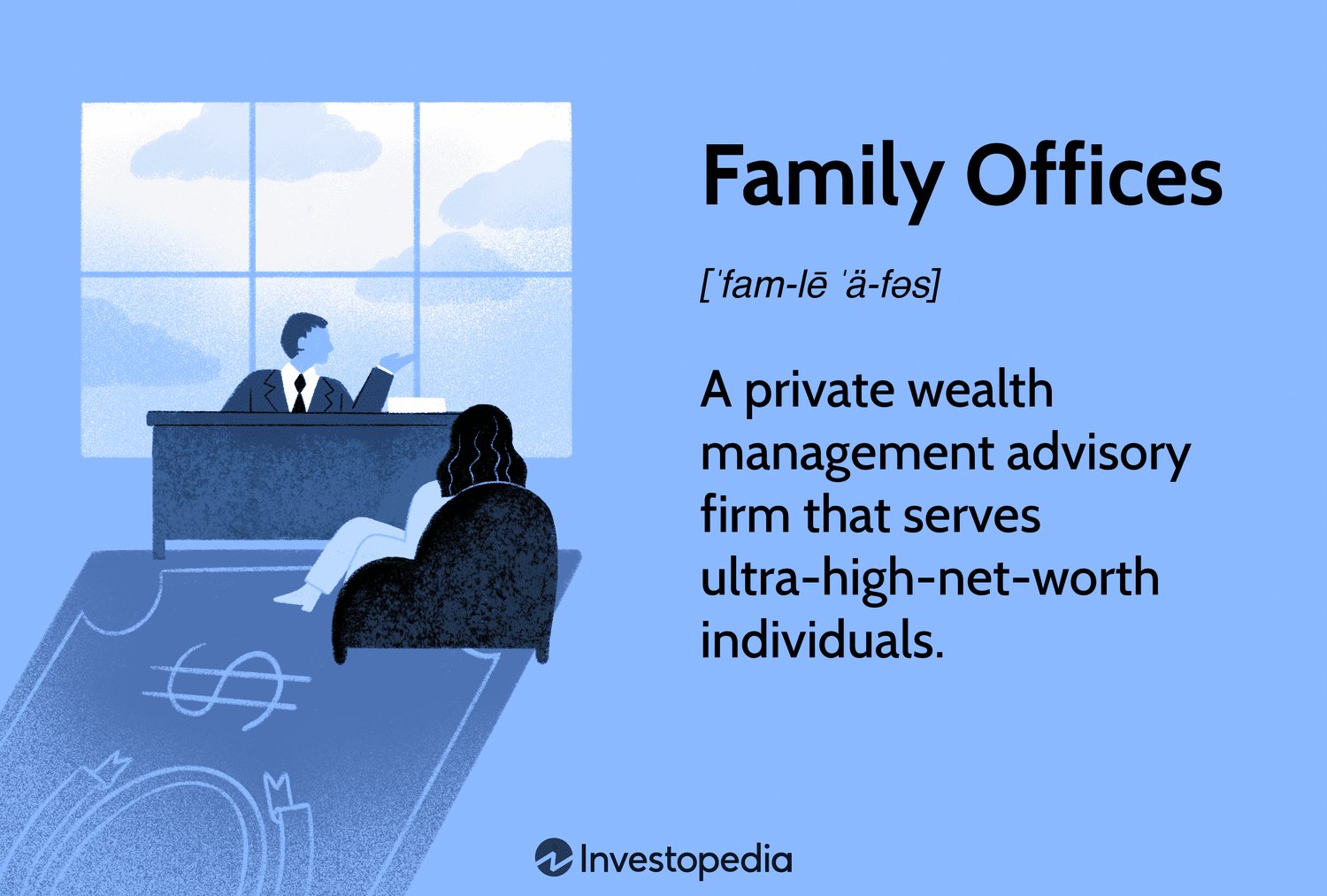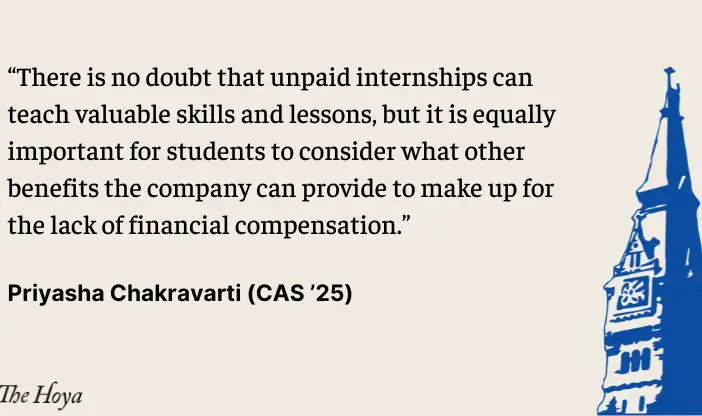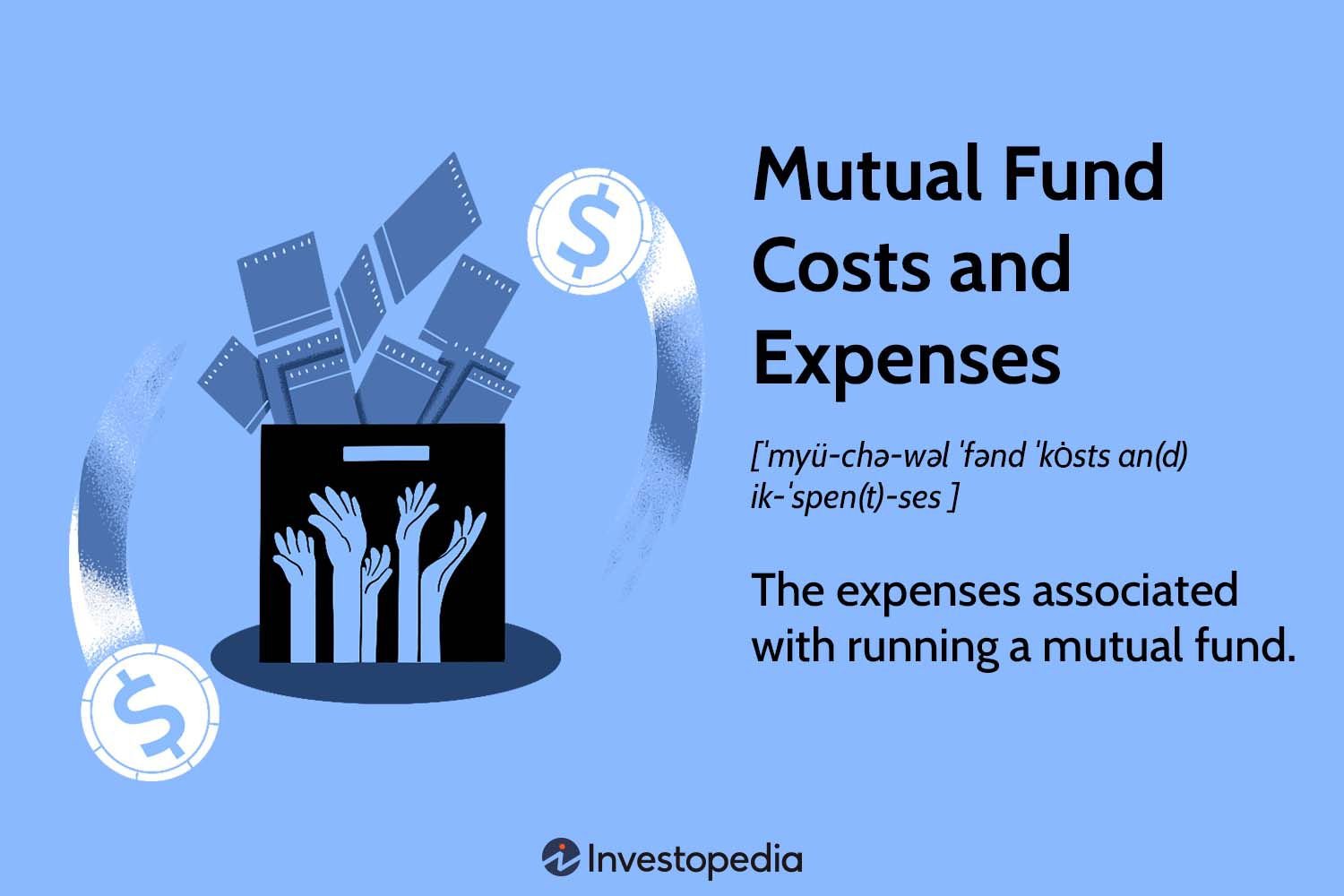A family office in wealth management may sound like a complex concept, but it’s actually quite straightforward. In simple terms, a family office is a dedicated entity that helps affluent families manage their wealth. It serves as a hub for various financial services, including investment management, tax planning, estate planning, and philanthropy. Essentially, it provides comprehensive support and guidance to ensure all aspects of a family’s financial affairs are expertly taken care of. So, if you’ve been wondering what a family office in wealth management is all about, you’ve come to the right place. Let’s dive in and explore this intriguing world further.
What is a Family Office in Wealth Management?
In the world of wealth management, a family office plays a crucial role in providing comprehensive financial services and support to high-net-worth individuals and their families. A family office is an exclusive and tailored solution that goes beyond traditional wealth management services, focusing on the unique needs and goals of affluent families.
The Purpose and Functions of a Family Office
A family office is established to centralize and streamline the financial affairs of a wealthy family. It is commonly structured as a private organization that operates independently or as a subsidiary of a larger financial institution. The primary purpose of a family office is to protect, grow, and manage the family’s wealth over multiple generations.
Here are some key functions and services typically offered by a family office:
Investment Management
One of the core responsibilities of a family office is investment management. This involves developing and implementing a personalized investment strategy that aligns with the family’s financial goals and risk tolerance. The family office often works closely with the family members and their trusted advisors to create a diversified investment portfolio, including stocks, bonds, real estate, private equity, and alternative investments.
Tax Planning and Compliance
Tax planning is crucial for preserving and optimizing wealth. Family offices employ tax professionals who are well-versed in complex tax laws and regulations. They work alongside the family’s accountants and tax attorneys to develop effective tax strategies, minimize tax liabilities, and ensure compliance with applicable tax laws.
Estate Planning and Wealth Transfer
Preserving wealth for future generations is a central objective for many affluent families. Family offices play a vital role in estate planning and wealth transfer strategies. They collaborate with estate planning attorneys to establish structures such as trusts, foundations, and other legal entities to protect assets and facilitate seamless wealth transfer.
Philanthropic Initiatives
Many affluent families have a strong commitment to philanthropy. Family offices provide guidance and support in developing philanthropic strategies and managing charitable activities. They help identify causes aligned with the family’s values, facilitate donations, and oversee the impact of philanthropic endeavors.
Personal Financial Management
Beyond investment and wealth management, family offices often offer comprehensive personal financial services. This includes bill payment, budgeting, insurance management, cash flow analysis, and even lifestyle management services. By delegating day-to-day financial responsibilities to the family office, individuals and families can focus on their core pursuits and enjoy peace of mind.
Types of Family Offices
Family offices come in different forms, depending on the complexity and scope of services required. Let’s explore the main types of family offices.
Single-Family Office (SFO)
A single-family office is established to exclusively serve a single wealthy family. It operates as a dedicated entity focused solely on managing the financial affairs of that particular family. Single-family offices are generally suitable for ultra-high-net-worth individuals or families with significant assets and complex financial needs.
Multi-Family Office (MFO)
A multi-family office serves the financial needs of multiple affluent families. By pooling resources, multi-family offices can provide a broader range of services at a lower cost compared to individual single-family offices. MFOs cater to families that may not require the level of exclusivity or customization associated with single-family offices but still desire sophisticated wealth management services.
Virtual Family Office (VFO)
Virtual family offices leverage technology and outsourcing to deliver a range of services while minimizing operational costs. VFOs are particularly attractive to families who prefer a more cost-effective approach to wealth management. They collaborate with external experts and service providers to offer specialized services while maintaining a centralized platform to coordinate and manage the family’s financial affairs.
Outsourced Family Office (OFO)
An outsourced family office is when wealthy families engage a third-party provider to handle their financial affairs entirely. This approach allows families to benefit from the expertise and infrastructure of specialized financial institutions without the need to establish and maintain an in-house family office department. OFOs offer a streamlined solution that can reduce administrative burdens and costs.
The Benefits of a Family Office
Family offices provide an array of benefits for affluent individuals and their families, including:
Personalized and Holistic Approach
Family offices tailor their services to the unique needs of each family, taking into account their long-term goals, risk tolerance, and family dynamics. This personalized approach ensures that all financial aspects, from investments to philanthropy, are aligned with the family’s values and objectives.
Consolidation of Financial Services
By centralizing financial management, family offices simplify the complexities of wealth for families. They enable families to consolidate various financial services and advisors under one roof, streamlining communication and coordination. This consolidation helps avoid duplication of efforts and ensures a cohesive and efficient approach to wealth management.
Access to Expertise
Family offices employ professionals with diverse areas of expertise, including investment management, tax planning, legal services, and philanthropy. This allows families to tap into a wide range of specialized knowledge and benefit from comprehensive wealth management solutions.
Focus on Long-Term Succession Planning
Family offices play a critical role in guiding families through generational wealth transfer. They help establish structures and strategies to ensure that wealth is preserved and effectively managed for future generations. This focus on long-term succession planning helps families maintain their legacies and values.
Enhanced Privacy and Security
Wealthy families often value privacy and security. Family offices provide a high level of confidentiality and discretion in managing financial affairs. By employing stringent security measures and implementing robust risk management practices, family offices help protect the family’s assets from potential threats.
Efficient Decision-Making
With the support of a family office, families can make more informed and strategic financial decisions. Family offices provide comprehensive reports, analysis, and recommendations, empowering families to evaluate options and make well-informed choices in line with their financial objectives.
In conclusion, a family office is a specialized and comprehensive solution that goes beyond traditional wealth management services. It serves as the central hub for managing the financial affairs of wealthy families, offering personalized strategies and support across various aspects of wealth management. Whether it’s investment management, tax planning, estate planning, or philanthropy, a family office provides a holistic approach to ensure the long-term preservation and growth of a family’s wealth.
Raffles Explains Family Office
Frequently Asked Questions
Frequently Asked Questions (FAQs)
What is a family office in wealth management?
A family office in wealth management refers to a specialized advisory firm that provides comprehensive financial services and support to high-net-worth individuals or families. It combines investment management, financial planning, asset protection, tax strategies, and other personalized services tailored to meet the specific needs and goals of wealthy clients.
How does a family office differ from traditional wealth management services?
Unlike traditional wealth management services, which typically cater to a wider range of clients, family offices are specifically designed to serve the unique needs of affluent families. Family offices offer more personalized and customized services, along with a deeper understanding of the complex financial challenges faced by high-net-worth individuals, such as estate planning, intergenerational wealth transfer, and family governance.
What services are typically offered by a family office?
Family offices provide a wide range of services, including investment management, asset allocation, financial planning, tax planning and compliance, risk management, philanthropic planning, family governance, succession planning, and administration of family trusts, foundations, and other entities. They act as a central hub, coordinating and overseeing all aspects of a family’s financial affairs.
Do family offices manage investments directly?
Yes, family offices often have an in-house investment team responsible for managing the client’s investment portfolio. These teams may include investment analysts, portfolio managers, and other financial professionals who work closely with the family to design and implement investment strategies aligned with their objectives and risk tolerance.
What are the benefits of having a family office?
Having a family office provides several benefits, including personalized and comprehensive financial advice, access to a network of specialized professionals, consolidated reporting and oversight of financial affairs, enhanced privacy and confidentiality, efficient tax planning and optimization, family governance and succession planning, and the ability to preserve and grow wealth across generations.
Is a family office only suitable for ultra-high-net-worth individuals?
While family offices traditionally cater to ultra-high-net-worth individuals, the concept has evolved over time. Nowadays, there are multi-family offices and virtual family offices that cater to a broader range of wealthy clients, including high-net-worth individuals and affluent families who may not meet the traditional threshold for a single-family office.
How much does it typically cost to establish and maintain a family office?
The cost of establishing and maintaining a family office can vary depending on a variety of factors, such as the complexity of the client’s financial situation, the range of services required, the number of family members involved, and the level of customization. Generally, the costs can range from hundreds of thousands to millions of dollars per year, covering expenses related to staffing, technology, office space, legal and compliance, and other operational aspects.
How can one decide if a family office is the right choice for their wealth management needs?
Deciding whether a family office is the right choice depends on various factors, such as the complexity of your financial situation, the size of your wealth, your long-term goals, the need for personalized services, and the desire for comprehensive oversight of your financial affairs. It is essential to carefully evaluate your needs, explore the available options, and seek advice from professionals experienced in wealth management to make an informed decision.
Final Thoughts
A family office in wealth management is a dedicated organization that provides comprehensive financial services and support to high-net-worth families. These offices handle a range of tasks, including investment management, tax planning, estate planning, and philanthropy. By consolidating and coordinating various financial aspects, family offices aim to ensure the preservation and growth of family wealth across generations. With their personalized approach and deep understanding of their clients’ needs, family offices help navigate the complexities of managing substantial wealth and provide tailored solutions. In summary, a family office in wealth management serves as a one-stop solution for affluent families to achieve their financial goals and secure their legacy.



